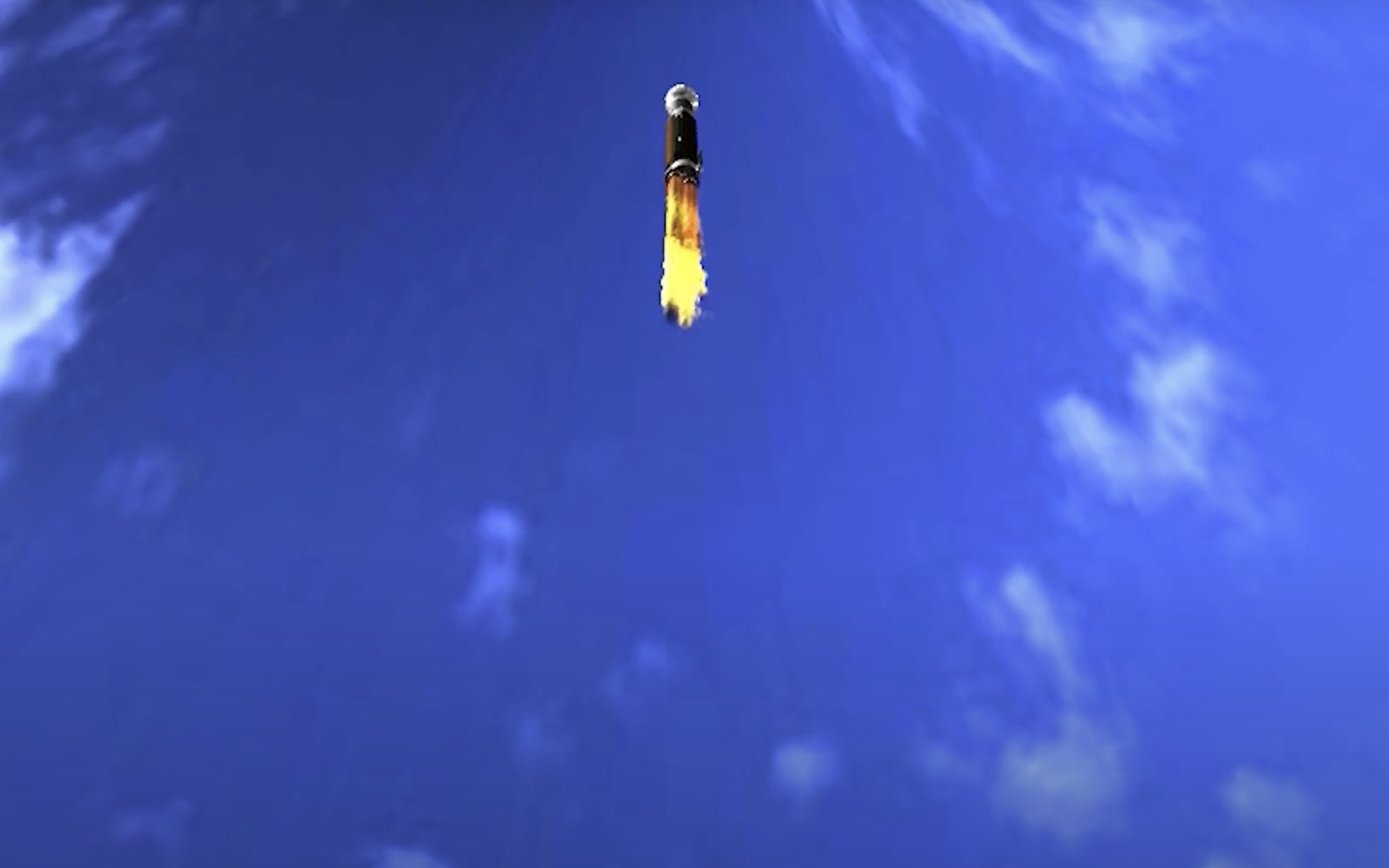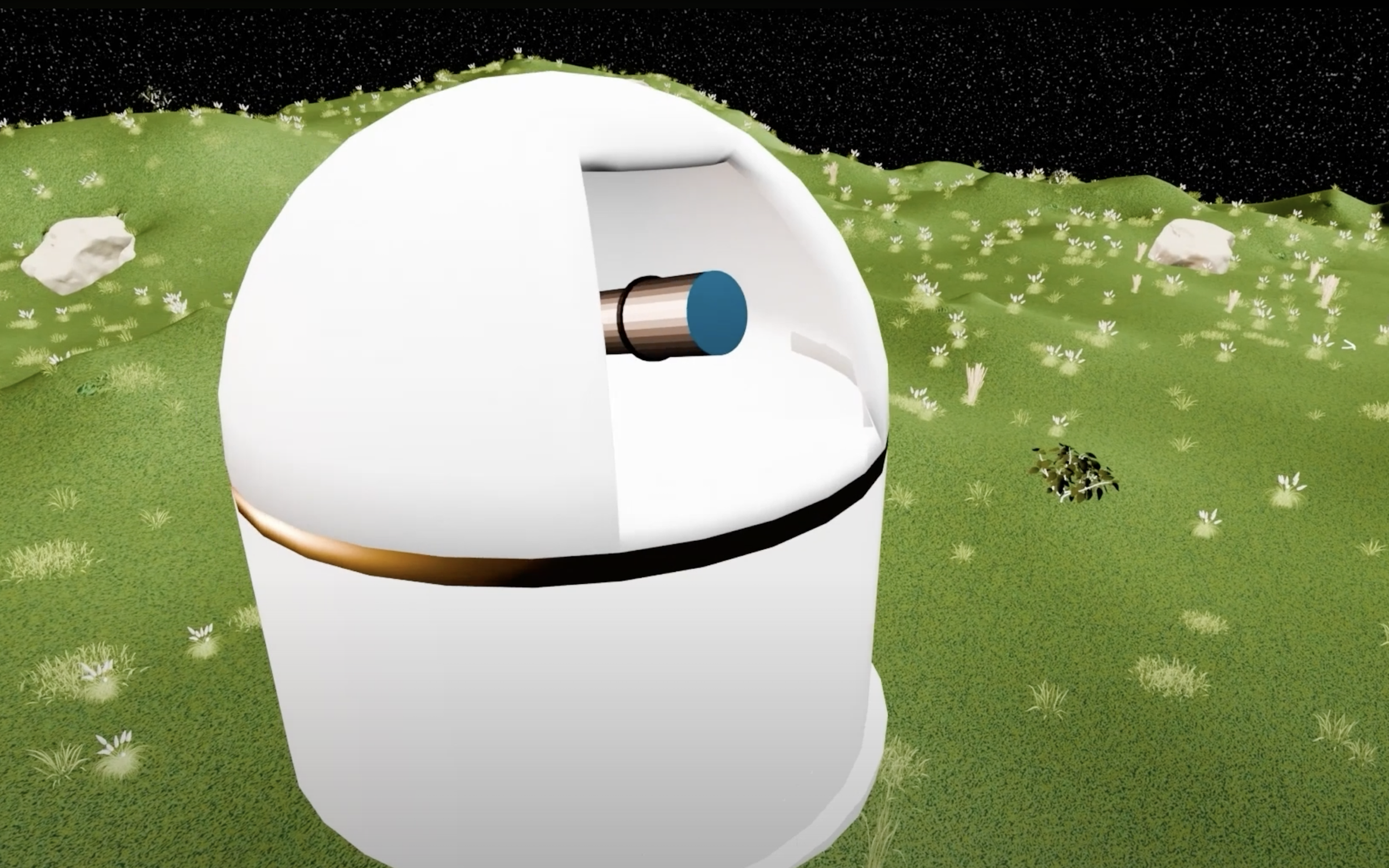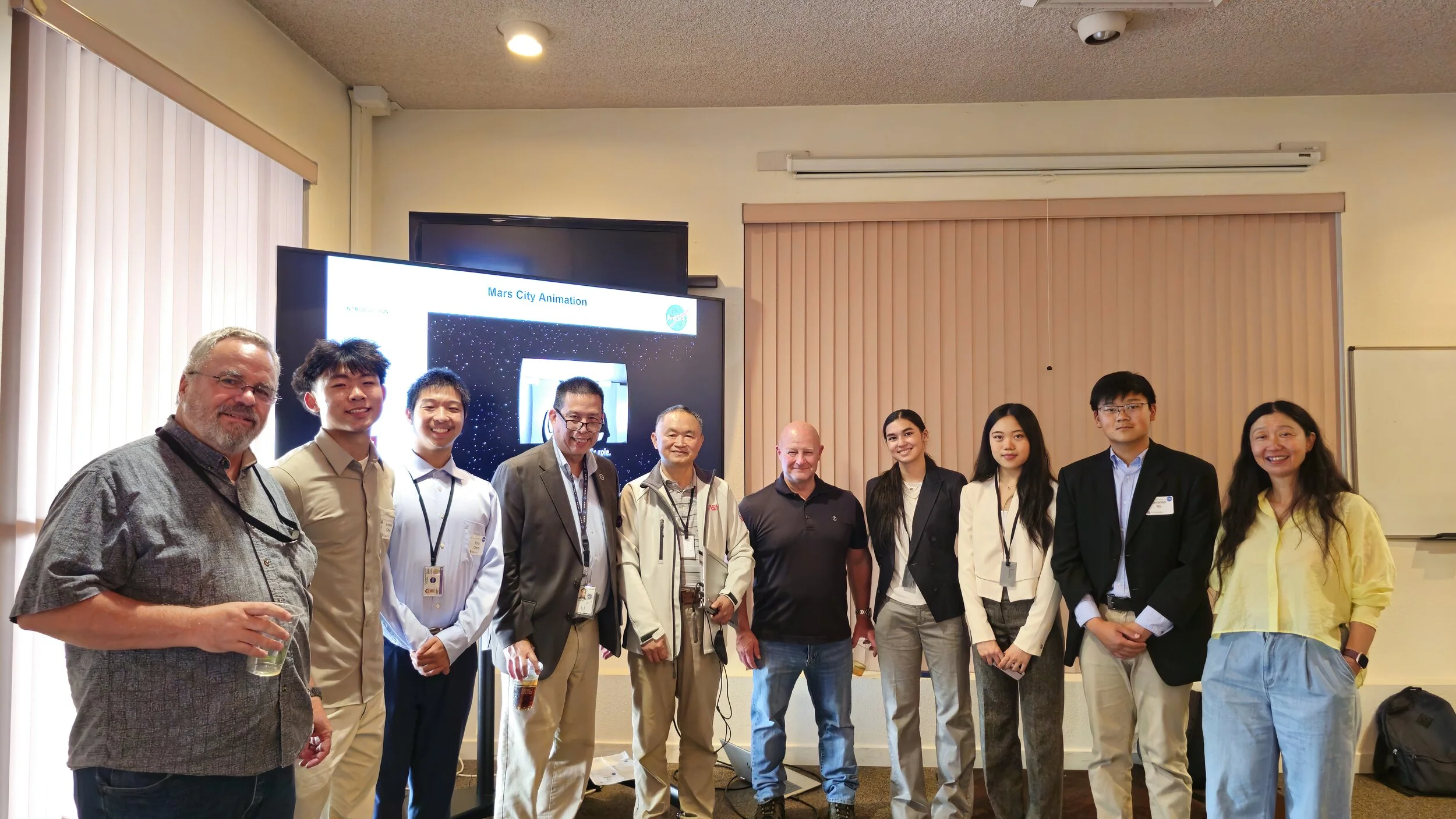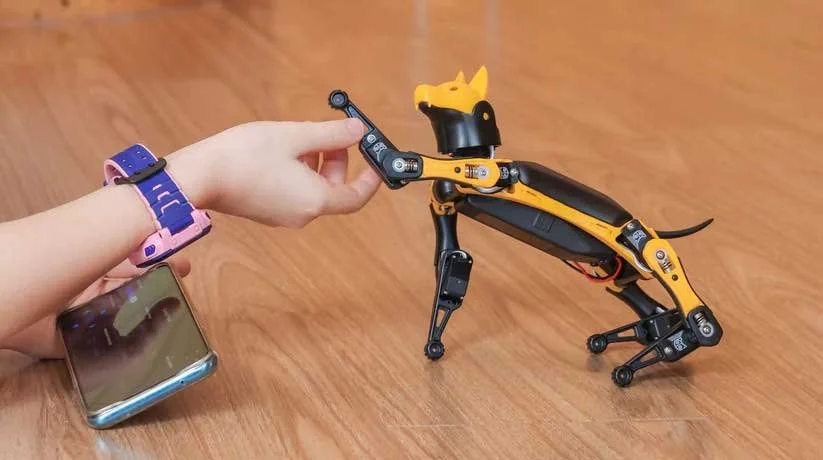 Image 1 of 8
Image 1 of 8

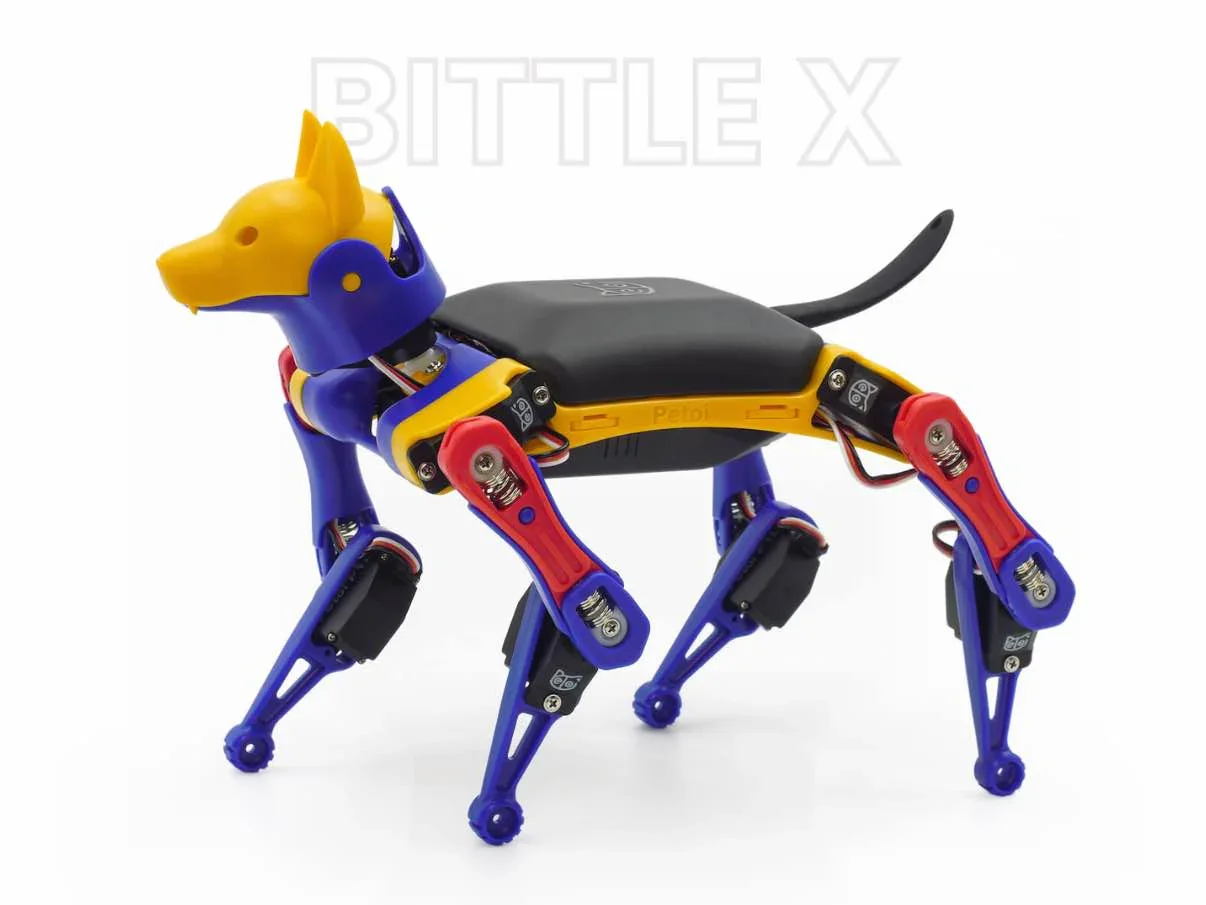 Image 2 of 8
Image 2 of 8

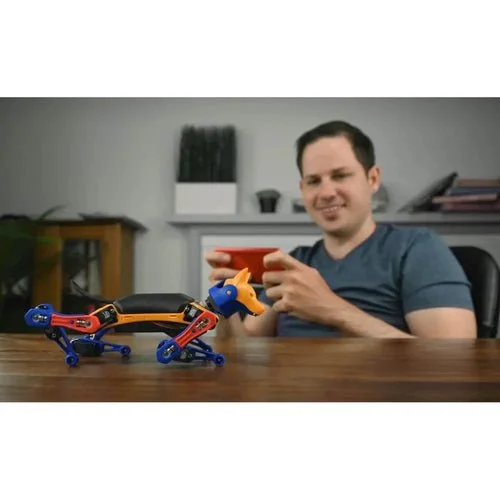 Image 3 of 8
Image 3 of 8

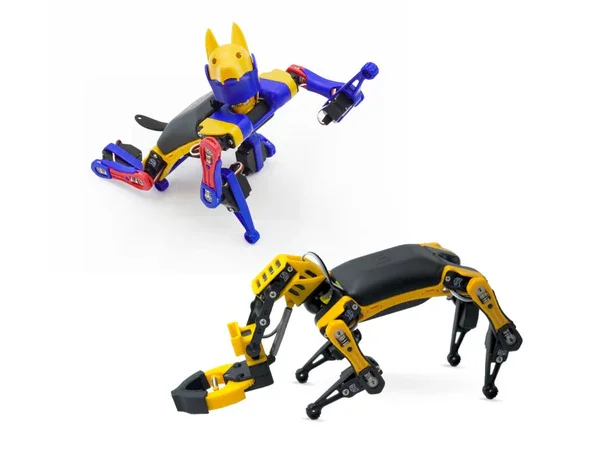 Image 4 of 8
Image 4 of 8

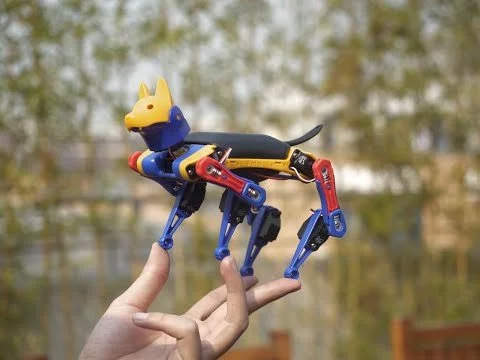 Image 5 of 8
Image 5 of 8

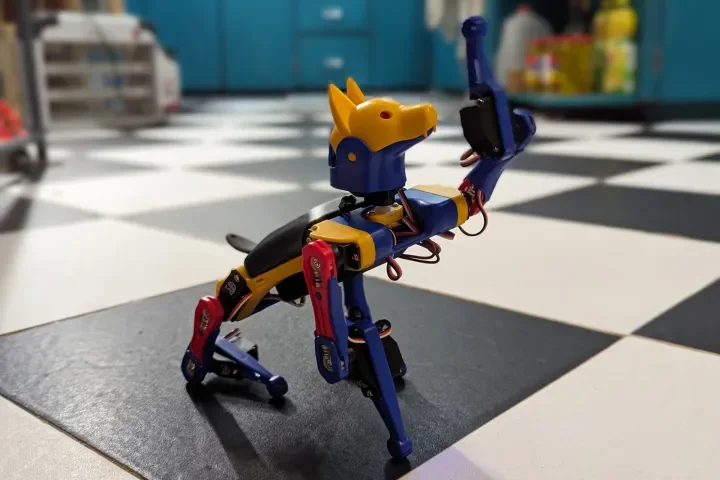 Image 6 of 8
Image 6 of 8

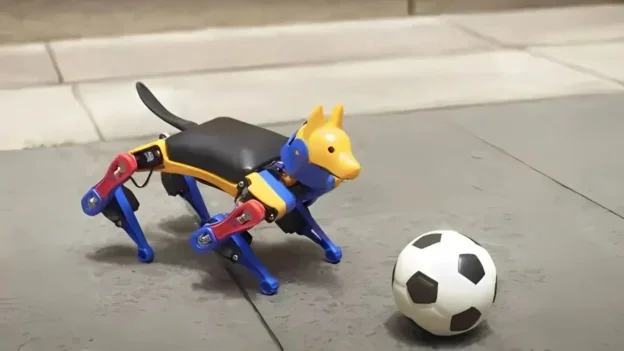 Image 7 of 8
Image 7 of 8

 Image 8 of 8
Image 8 of 8









Mars Rover Dog Coding Camp
From Backyard Tricks to Martian Missions
Location: NASA Ames Research Center, Building 3, Address: 500 Severyns Ave, MOFFETT FIELD, CA 94035
Offered two weeks at the end of the year. Time: 9AM - 3PM
At Mars Rover Dog Coding Camp, students don’t just learn to code — they bring a robotic pet to life on Mars. The camp is powered by Petoi Bittle, a palm-sized quadruped robot dog that walks, trots, sits, and rolls just like a real puppy. Unlike wheeled rovers, Bittle’s four-legged locomotion makes it ideal for exploring uneven “Martian” terrain.
From Backyard Tricks to Martian Missions
Location: NASA Ames Research Center, Building 3, Address: 500 Severyns Ave, MOFFETT FIELD, CA 94035
Offered two weeks at the end of the year. Time: 9AM - 3PM
At Mars Rover Dog Coding Camp, students don’t just learn to code — they bring a robotic pet to life on Mars. The camp is powered by Petoi Bittle, a palm-sized quadruped robot dog that walks, trots, sits, and rolls just like a real puppy. Unlike wheeled rovers, Bittle’s four-legged locomotion makes it ideal for exploring uneven “Martian” terrain.



